March 30, 2017
Levels of employee engagement are declining around the world 0
 As the UK triggers Article 50 to leave the EU, France goes through what could be a game changing Presidential election and the United States continues to struggle with an increasingly divisive administration it’s perhaps not surprising that global uncertainty appears to be pushing up levels of employee scepticism. Globally, employee engagement declined for the first time since 2012, according to a report from Aon Hewitt. According to an analysis of more than five million employees at more than 1,000 organisations around the world, levels dropped from 65 percent in 2015 to 63 percent in 2016. Less than one quarter (24 percent) of employees are highly engaged and 39 percent are moderately engaged. “The rise in populist movements like those in the U.S., the U.K. and other regions is creating angst within organisations as they anticipate the potential for a decrease in free labour flow,” explained Ken Oehler, Global Culture & Engagement Practice leader at Aon Hewitt.
As the UK triggers Article 50 to leave the EU, France goes through what could be a game changing Presidential election and the United States continues to struggle with an increasingly divisive administration it’s perhaps not surprising that global uncertainty appears to be pushing up levels of employee scepticism. Globally, employee engagement declined for the first time since 2012, according to a report from Aon Hewitt. According to an analysis of more than five million employees at more than 1,000 organisations around the world, levels dropped from 65 percent in 2015 to 63 percent in 2016. Less than one quarter (24 percent) of employees are highly engaged and 39 percent are moderately engaged. “The rise in populist movements like those in the U.S., the U.K. and other regions is creating angst within organisations as they anticipate the potential for a decrease in free labour flow,” explained Ken Oehler, Global Culture & Engagement Practice leader at Aon Hewitt.





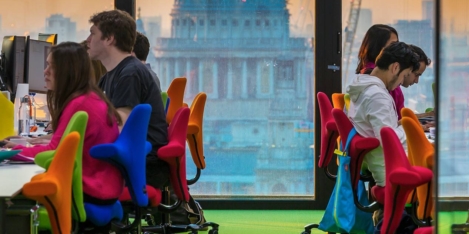

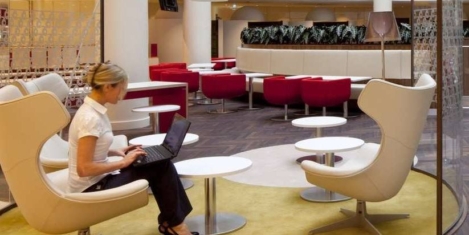
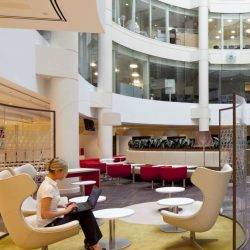


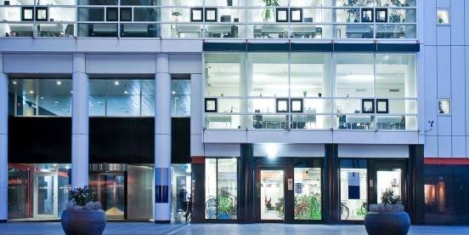
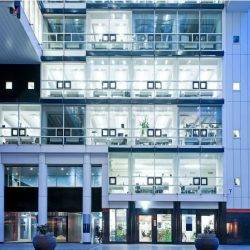

 A new guide for facilities management professionals working with clients on BIM construction projects has been issued by the BIFM (British Institute of Facilities Management). Employer’s Information Requirements is a practical 47-page document to support clients using BIM (Building Information Modelling) to advise clients on how to specify their exact requirements for the design and construction phase of a built asset through to its full life-time operation. The purpose of the EIR is to support both FM professionals and clients by providing a template which can be edited and amended by the client or facilities manager to meet individual requirements for the project. Its guidance follows the publication of BIFM’s Operational Readiness Guide For Facilities Managers published in April 2016. Since April 2016, construction projects commissioned by Central Government have been required to use BIM for their procurement and delivery.
A new guide for facilities management professionals working with clients on BIM construction projects has been issued by the BIFM (British Institute of Facilities Management). Employer’s Information Requirements is a practical 47-page document to support clients using BIM (Building Information Modelling) to advise clients on how to specify their exact requirements for the design and construction phase of a built asset through to its full life-time operation. The purpose of the EIR is to support both FM professionals and clients by providing a template which can be edited and amended by the client or facilities manager to meet individual requirements for the project. Its guidance follows the publication of BIFM’s Operational Readiness Guide For Facilities Managers published in April 2016. Since April 2016, construction projects commissioned by Central Government have been required to use BIM for their procurement and delivery.
















March 30, 2017
Social technology has the power to make the workplace more humane
by Amanda Sterling • Comment, Technology, Workplace
(more…)